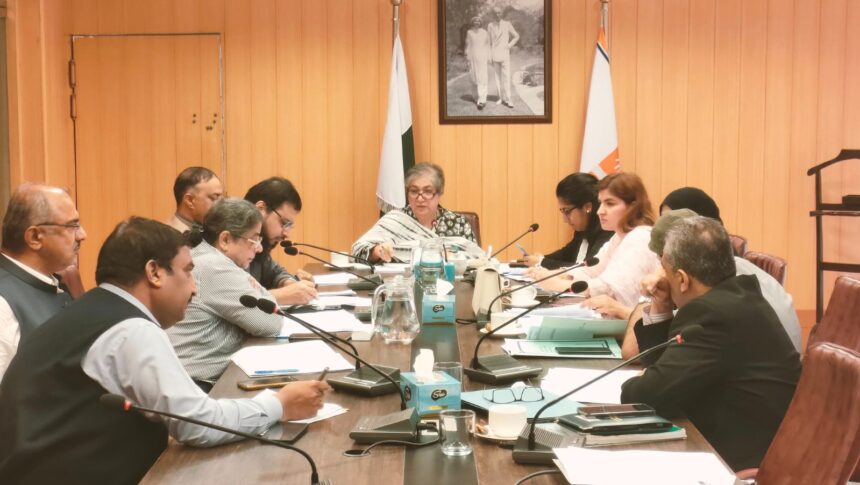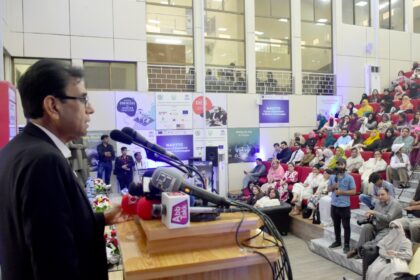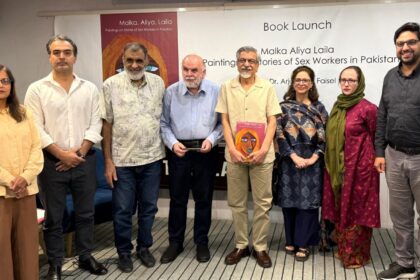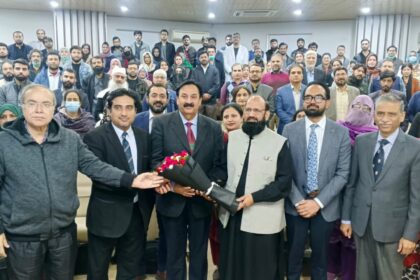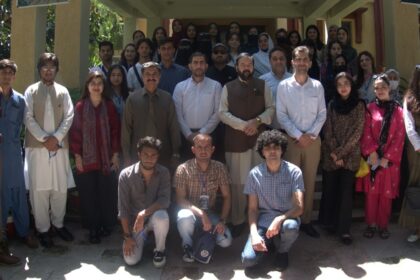The National Commission on the Status of Women (NCSW) recently convened a high-level consultative session in Islamabad to comprehensively review Pakistan’s key family laws. Assigned by the National Assembly’s Standing Committee on Gender Mainstreaming, this initiative underscores NCSW’s constitutional role as a statutory body dedicated to safeguarding women’s rights in the country.
The session was chaired by NCSW Chairperson Ms. Ume Laila Azhar, who highlighted the critical need for Pakistan’s family laws to evolve in response to present-day realities and challenges faced by women and families. In her opening remarks, Ms. Azhar stated, “As the statutory body is committed to the advancement of women’s rights, NCSW has a duty to approach the review of these laws with great care, sensitivity, and responsibility. This task, assigned by the National Assembly, must consider both the lived experiences of women and the legal framework that governs their lives and rights in family settings.”
Participants of the consultative session engaged in detailed discussions examining three pivotal family laws: The Dowry and Bridal Gifts (Restriction) Act of 1976, The West Pakistan Family Courts Act of 1964, and The Dissolution of Muslim Marriages Act of 1939. These laws form the legal foundation governing matters related to marriage, divorce, custody, and financial protections afforded to women within the family context in Pakistan.
Key stakeholders participating in the session included representatives from the Ministry of Human Rights, Ministry of Law and Justice, Ministry of Interior, Ministry of Religious Affairs, along with senior officials from NCSW and prominent legal experts. Together, they discussed existing gaps, emerging issues, and practical challenges within the current legal framework, deliberating extensively on potential reforms and policy recommendations aimed at enhancing justice and equality for families, particularly women.
Insights, findings, and recommendations from these discussions will be compiled by NCSW and submitted to the Standing Committee of the National Assembly. This submission will provide foundational input for reform efforts, shaping future legislative amendments that address the contemporary social context and gendered concerns impacting Pakistani families.
This session marks an important first step toward legislative reform that aligns legal frameworks with social realities and responds proactively to gender-based challenges. NCSW reiterated its unwavering commitment to evidence-based, inclusive legislative processes and the advancement of women’s rights, dignity, equality, and justice across Pakistan.




